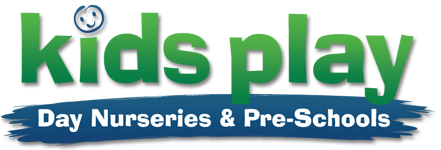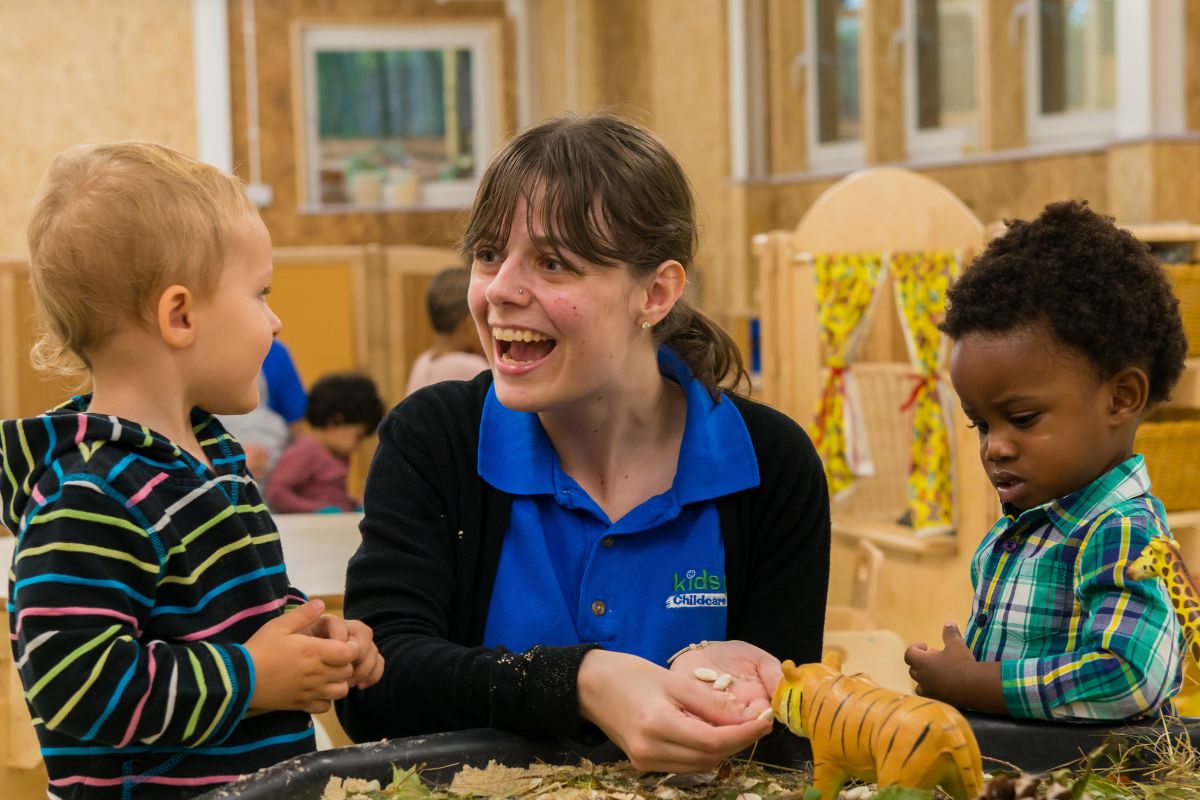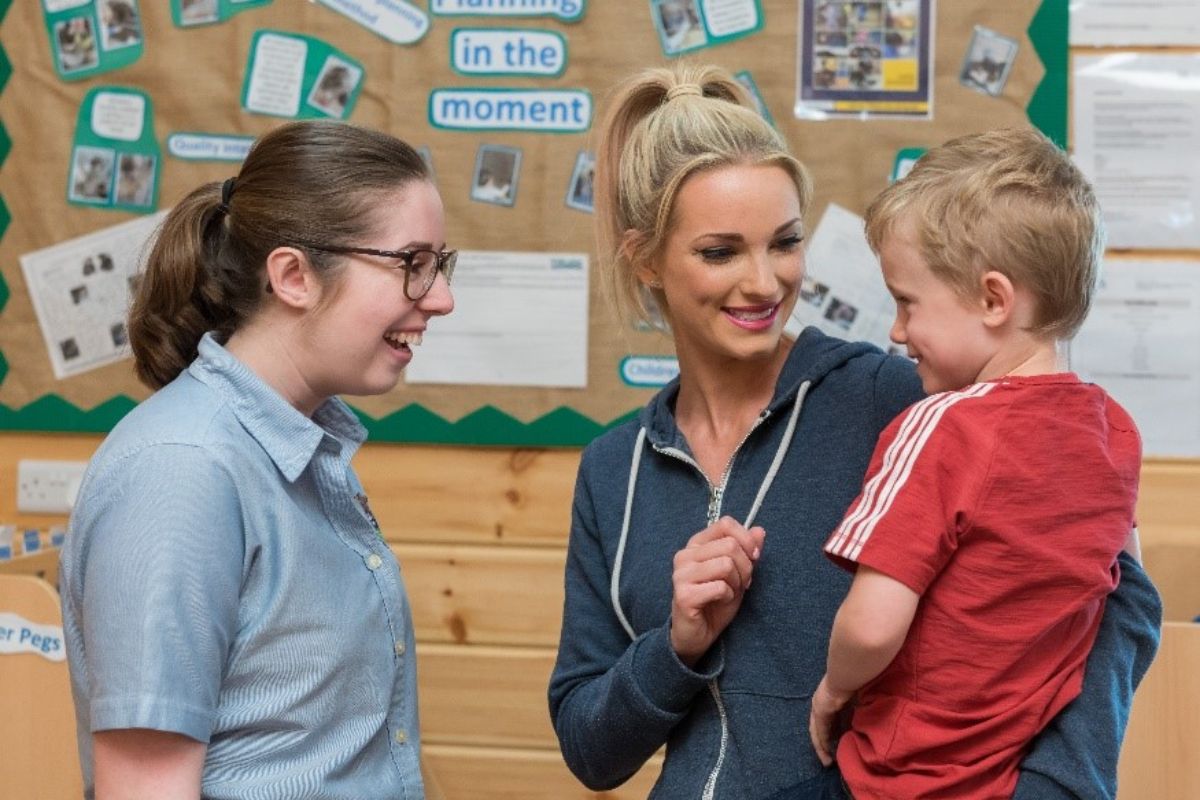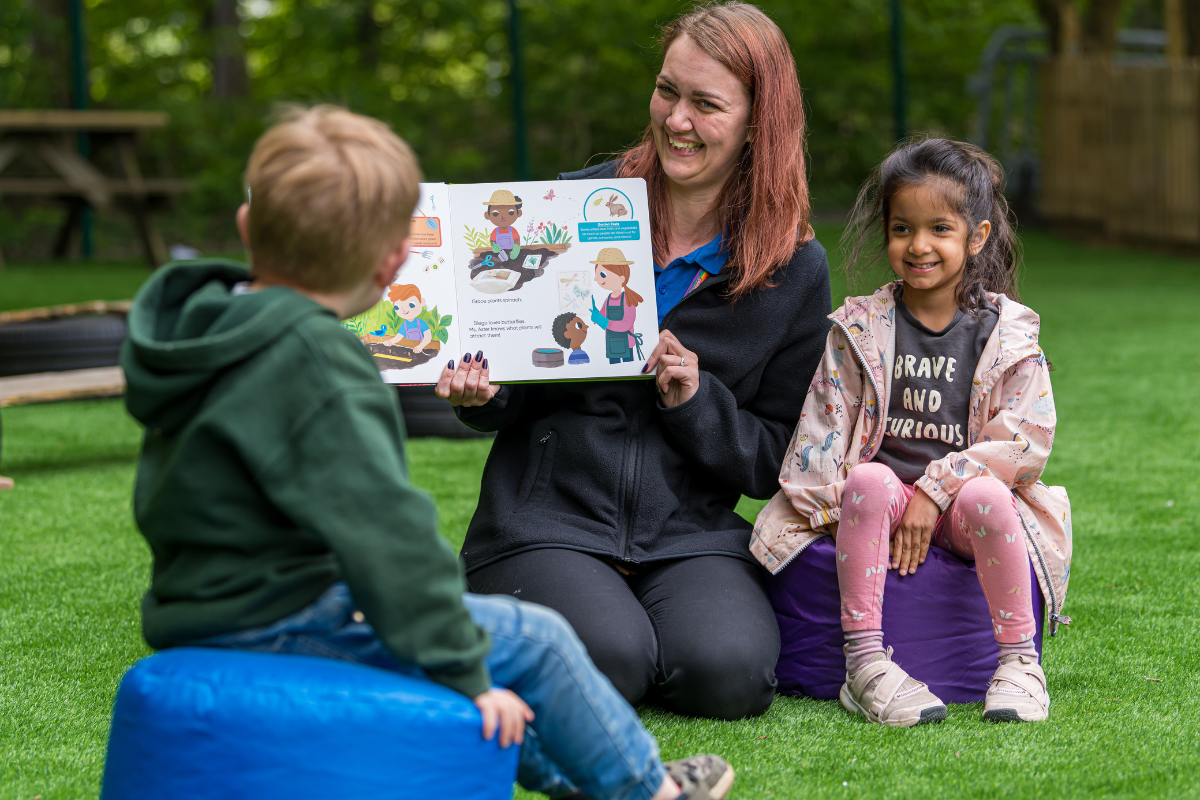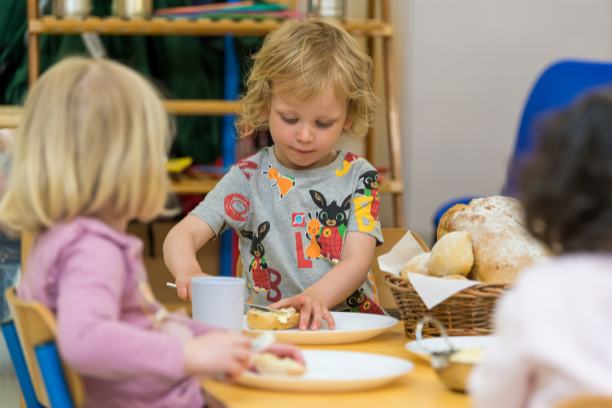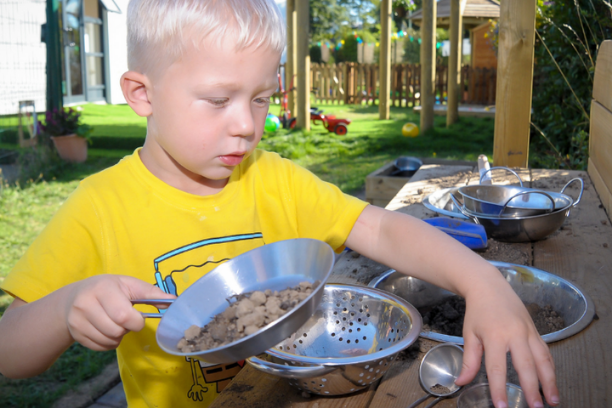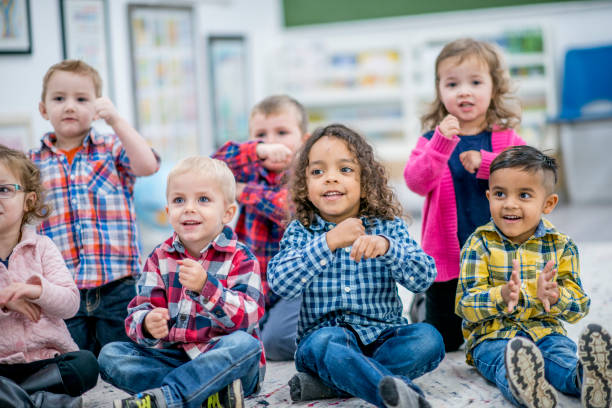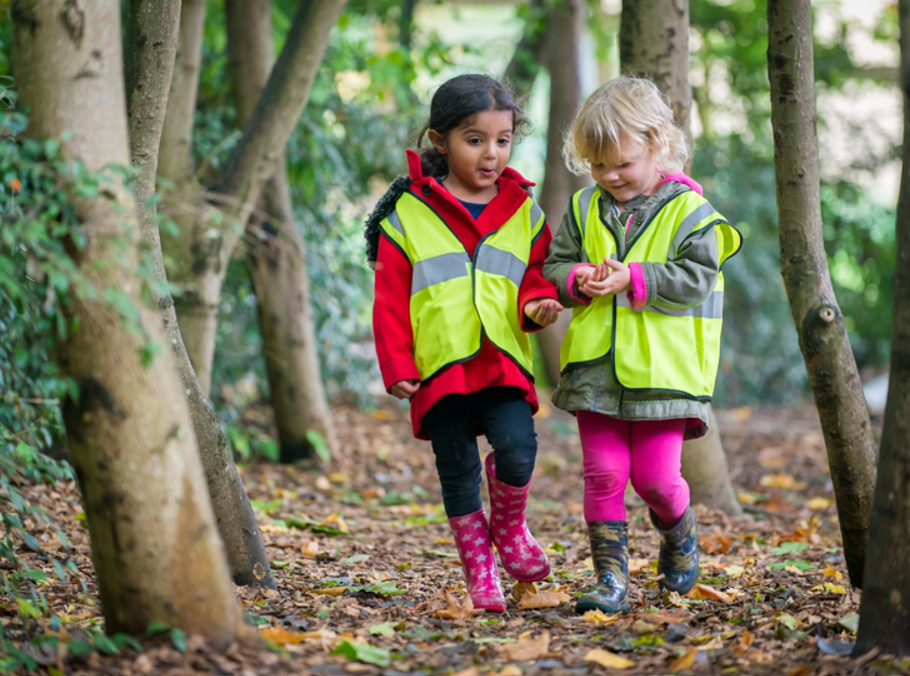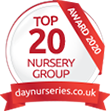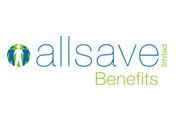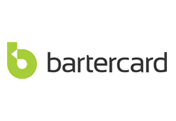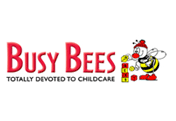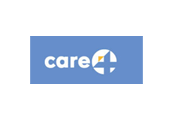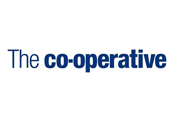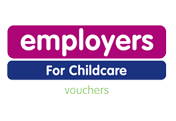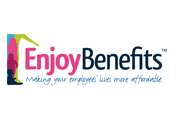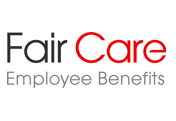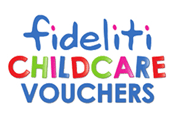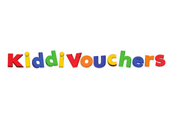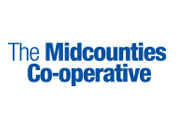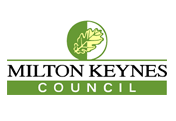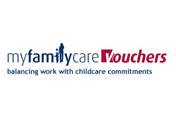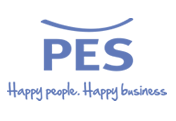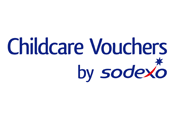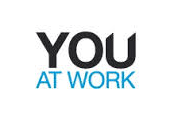This article will explore what the EYFS framework is, with a focus on personal social and emotional development, and how you can implement activities at home to support this development in your little one.
What is the EYFS framework?
The Early Years Foundation framework (EYFS) is a statutory framework which outlines how Early Years Practitioners can assist a child’s learning and development. Setting standards for children from birth to five years old which must be met by school and childcare providers, the EYFS framework helps children to develop safely and to be healthy.
There are three prime areas of the EYFS framework. The prime areas are communication and language, personal social and emotional development, and physical development, which are all crucial in developing a child’s curiosity and wanting to learn. The further areas of learning are literacy, maths, understanding the world, and expressive art and design.
What is PSED?
PSED, otherwise known as personal, social and emotional development is one of the prime areas of the EYFS framework. This prime area is divided into early learning goals, for PSED these are:
- Self-regulation, confidence and awareness
- Managing feelings and behaviour
- Building relations
By supporting children to have a positive sense of themselves, understanding of emotional wellbeing and a positive disposition to learning, it teaches children the importance of developing confidence and independence and the use of social skills. All of these factors are crucial to learn from a young age to ensure your little one is ready for big school.
How can you support your child’s personal, social and emotional development at home?
Routine:
By introducing a routine into your child’s day, it supports their development as they begin to understand the structure of their day or even week, leaving them able to predict what is coming next. This reassures children and reduces their anxiety as they understand the order of events taking place with little uncertainty or unpredictability. As a parent/ guardian, you could use a visual timetable to reinforce the idea of structure to develop that understanding further.
Independence:

When you start to see signs that a child is capable of doing things themselves, as a parent/guardian you should start to encourage it, to ensure they do not become reliant on having things done for them.
At Kids Play Childcare, we encourage independence as soon as children are ready, allowing them to serve their own food and drinks at meal time, and hanging up their belongings at the beginning of the day. This effectively allows the children to become confident in themselves, pushing them to try things they weren’t always so confident in doing. Remember to praise your child even they are not always successful, as this will give them the boost they need to try again and eventually take on more complex activities.
Feelings:
Feelings are important for a child to understand in both themselves and others, as developing the understanding of feelings teaches children how to manage them and the repercussions of affecting someone’s feelings. From a young age, children need to recognise their own feelings and learn how to label and describe them. A child will require you to help them do this, as adults will recognise the emotion first.
The EYFS framework suggests a four stage approach to make children aware of their feelings and emotions that involves the parent/guardian recognise their child’s emotion, naming that emotion for the child, providing comfort for the particular emotion, and finally offering a solution. For example, if your little one seems frustrated that they cannot complete a task, tell them you can see they are frustrated, and offer them a cuddle and your help to complete the task together.
At home you can also use a feelings box to get your child talking about their feelings. By placing different objects from around the house in the box and revealing them one by one, you can ask your child what they like and dislike about the object and how it makes them feel, to allow them to develop their vocabulary and become aware of why they feel a certain way.
Modelling:
The example you set by acting as a role model is extremely impactful of how your child may choose to act. By praising positive and wanted behaviours rather than focusing on naughty or unwanted behaviours, it will encourage your child to perform the wanted behaviours more frequently, due to the attention you are giving them.
Playing with your child around the house will not only boost their confidence, but will also teach important life skills such as sharing and taking it in turns. By modelling these behaviours in games and activities it will encourage shared play outside of the comfort of a child’s home environment, allowing them to practice these skills at Day Nursery and with other children.
In conclusion, focusing on developing your child’s personal, social and emotional skills will effectively support the development of your child’s confidence and independence, teaching them the ability to understand right and wrong, talk about their feelings and feel good about themselves.
Back to Articles